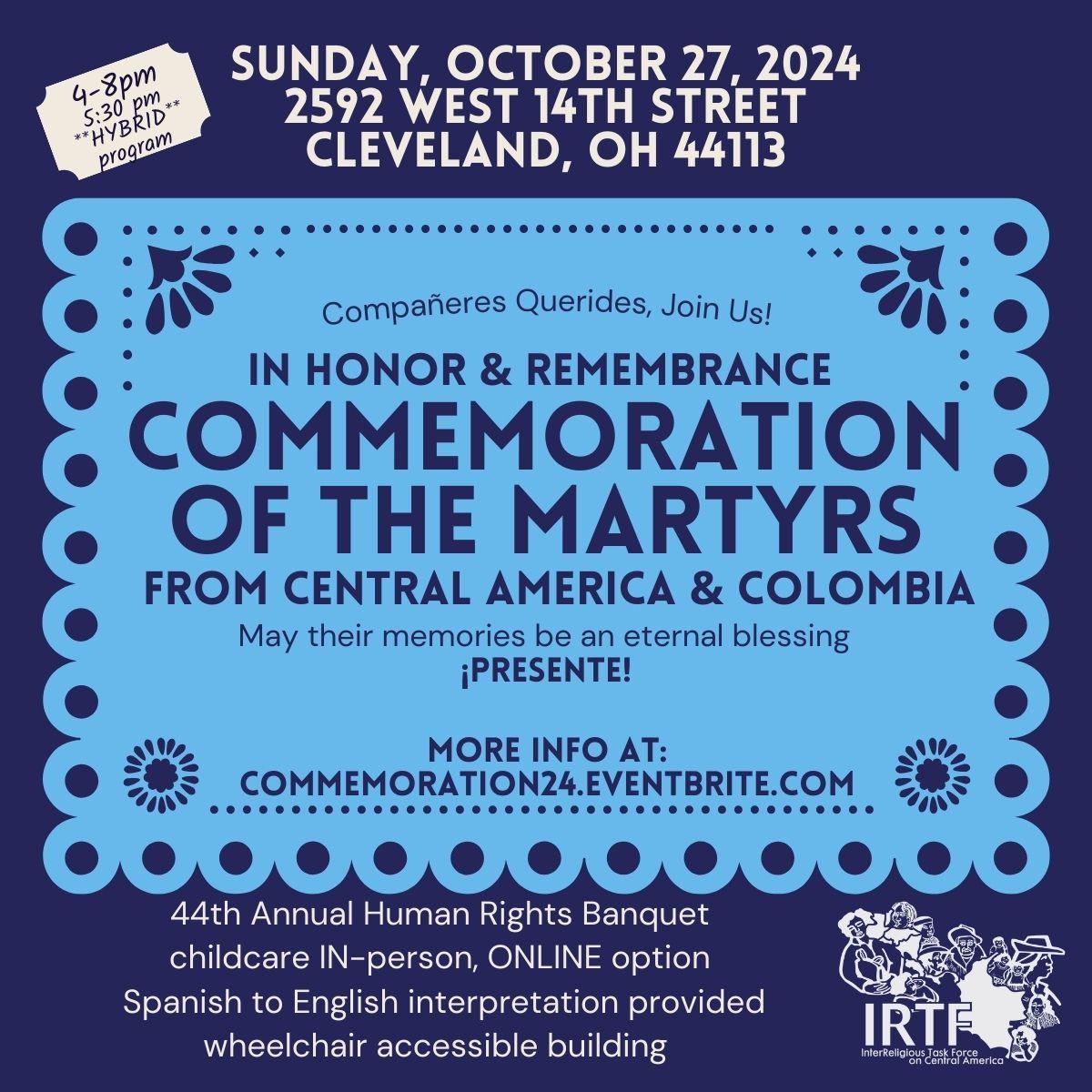The Garífuna, an Afro-Indigenous people with a profound historical and cultural presence in Honduras, continue to be targeted for defending their rights to territory, culture, and life. Despite legal victories, the Honduran government has failed to implement structural reforms or offer protection for these communities.
On April 10, the Garífuna community, which lives primarily along the Atlantic coast, led mobilization in the nation’s capial, Tegucigalpa. They demanded that the Honduran government comply with binding rulings issued by the Inter-American Court of Human Rights (2015, 2023) in favor of three Garífuna communities in Colón (Punta Piedra) and Atlántida (Triunfo de la Cruz, San Juan).
Barely two days later, in the early morning hours of April 12, Max Gil Castillo Mejía, brother of the president of the community council of Punta Piedra was kidnapped from his home in San Pedro Sula (Cortés Department) by armed individuals who identified themselves as police officers. Just two days later, prominent Garífuna leader Miriam Miranda and other members of the Garífuna community of El Triunfo de la Cruz received threats.
Silencing Indigenous and Afro-descendant voices through fear and violence is a violation not only of human dignity but of binding international commitments. The Office of the United Nations High Commissioner for Human Rights (OHCHR) has already warned that this violence will persist as long as the Honduran State refuses to uphold international legal mandates. IRTF calls on the government of Honduras to implement the rulings of the Inter-American Court to ensure that justice, reparations, and peace are no longer deferred for the Garífuna people.

